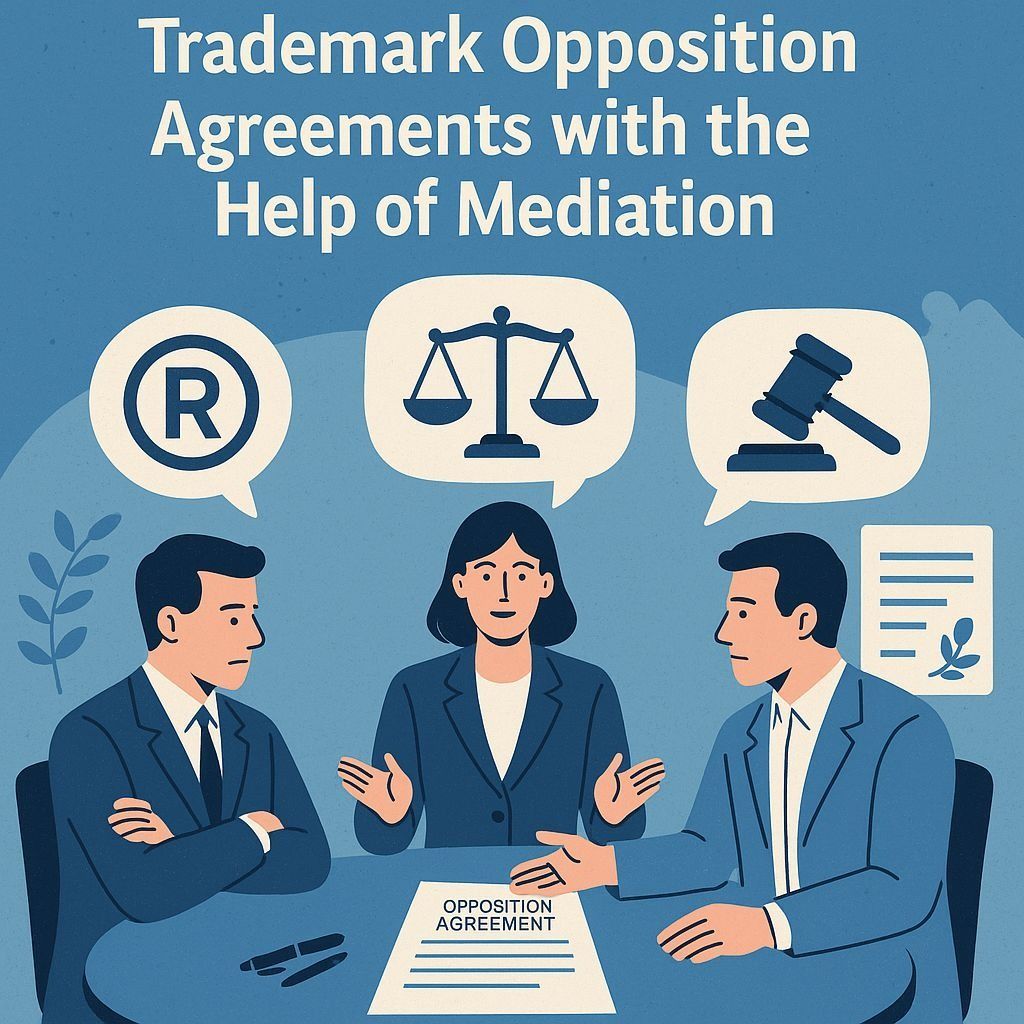The Power of Mediation in Resolving FARBAR Contract Real Estate Disputes:
In the realm of real estate transactions, conflicts between purchasers and sellers are not uncommon. These disputes can escalate quickly, leading to prolonged litigation, considerable costs, and strained relationships. However, there exists a valuable tool that often goes underutilized in such scenarios: mediation. As mediator with extensive experience in real estate law mediation, I have witnessed firsthand the transformative power of mediation in resolving contractual disputes between buyers and sellers. In the state of Florida, where FARBAR contracts are prevalent, mediation plays a crucial role in facilitating fair and efficient resolutions.
Understanding FARBAR Contracts:
Before delving into the significance of mediation in FARBAR contracts, it is essential to grasp the nature of these agreements. The Florida Realtors®/Florida Bar Residential Contract for Sale and Purchase (FARBAR) is a widely used contract template in real estate transactions throughout the state. It outlines the terms and conditions governing the sale of residential properties, covering various aspects such as purchase price, financing, inspections, and closing procedures.
Why Mediation Is Required in FARBAR Contracts:
One notable feature of FARBAR contracts is the inclusion of a mandatory mediation clause. This provision requires the parties involved in a dispute to attempt mediation before proceeding to litigation. While some may view this requirement as an inconvenience, its implementation serves several crucial purposes:
- Promoting Efficiency: Mediation offers a more expeditious alternative to traditional litigation. By engaging in mediation early in the dispute resolution process, parties can potentially avoid protracted court proceedings, saving both time and resources.
- Preserving Relationships: Real estate transactions often involve ongoing or future interactions between the parties. Litigation can strain these relationships, leading to animosity and hindering future cooperation. Mediation, on the other hand, fosters open communication and encourages collaborative problem-solving, thereby preserving valuable relationships.
- Empowering Parties: Unlike litigation, where decisions are ultimately made by a judge or jury, mediation empowers the parties to craft their own solutions. This autonomy allows for creative and tailored agreements that address the unique needs and interests of each party.
- Confidentiality: Mediation proceedings are confidential, providing a safe and neutral environment for parties to explore potential resolutions. This confidentiality fosters candid discussions and encourages parties to explore options they might not consider in a public courtroom setting.
- Cost-Effectiveness: Litigation can be prohibitively expensive, with legal fees, court costs, and other expenses quickly adding up. In contrast, mediation typically involves lower costs, making it a more accessible option for parties seeking resolution without breaking the bank.
The Role of the Mediator:
Crucial to the success of mediation is the mediator, a neutral third party trained in conflict resolution techniques. As an attorney and mediator, I have found that my dual expertise allows me to navigate complex legal issues while facilitating constructive dialogue between the parties. As a skilled mediator, I can help parties identify common ground, explore creative solutions, and ultimately reach a mutually satisfactory agreement.
In conclusion, mediation serves as a valuable tool for resolving contractual real estate disputes between purchasers and sellers, particularly in the context of Florida FARBAR contracts. By promoting efficiency, preserving relationships, empowering parties, ensuring confidentiality, and offering cost-effective solutions, mediation offers a host of benefits over traditional litigation. As attorneys, mediators, and advocates for our clients’ best interests, it is incumbent upon us to recognize the efficacy of mediation and leverage its potential to achieve fair and equitable outcomes in real estate transactions.
The post The Power of Mediation in Resolving FARBAR Contract Real Estate Disputes: appeared first on Nicole Weaver, PLLC.











